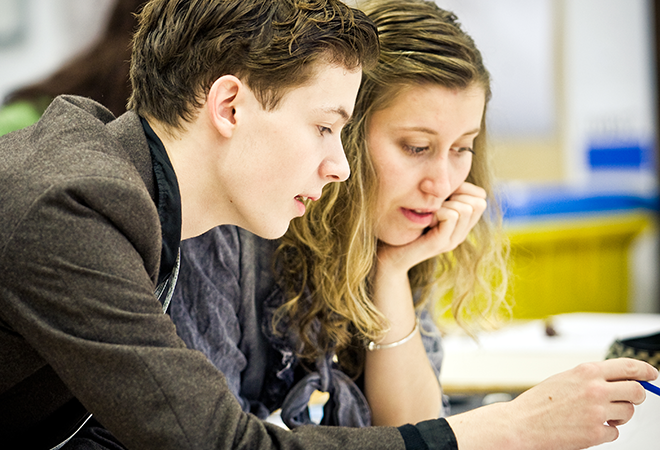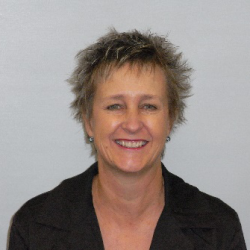
Identification of tutor practices that achieve positive outcomes for Youth Guarantee students
Status
Completed: 13 June 2016
Project Details
A project to identify and describe tutor good practices that influence the achievement of positive outcomes for Youth Guarantee students. A collaboration between Workforce Development Ltd and G&H Training Ltd.
Aims:
The key aims of this project were to:
- identify and describe tutor good practices that influence the achievement of positive outcomes for Youth Guarantee (YG) students
- investigate the insight YG tutors have into their own teaching practice
- determine how tutor understanding of their practice can influence effective teaching and contribute positively to student learning experiences and outcomes.
Methodology:
The project used a case study methodology with a triangulated data collection approach, gathering data from multiple sources including through:
- an extensive literature review
- classroom observations
- semi-structured interviews with Youth Guarantee (YG) tutors
- focus group meetings with YG students.
Team

Anne Greenhalgh
Workforce Development Limited
Erena Fussell
Workforce Developments Limited
Dr Lesley Petersen
Petersen ConsultingStatus
Funding
$24,550.00 (excl GST)
Key Findings
Findings on the importance of relationships
- Students appreciated the relationship with their tutors and the significance of ‘learning about life’ as well as academic-specific learning.
- Students liked the opportunity to work together as a group as “everyone helps each other” and described the PTE as a place where they were made to feel welcome.
- Tutors wanted to see the students succeed in their learning and make good decisions about their future.
- Tutors talked about the importance of getting to know the students at the beginning of the programme and how this helps to build a positive relationship early on.
- Tutors identified a number of attributes they thought were the important qualities of the YG tutor including values and ethics, forging relationships, care, respect for the student, and being non-judgemental.
- The tutor building rapport, having an affinity with the students and giving students respect were phrases common across the feedback.
Findings on teaching and learning practices that support YG students’ learning
- Building positive relationships with students from the beginning of the programme.
- Giving regular feedback to and asking for feedback from students.
- Identifying and building on students’ strengths.
- Sound content knowledge.
- Keeping students informed of their learning progress.
Findings on professional development to support YG tutors’ pedagogical practice
- Informal activities such as peer review and feedback.
- Formal qualification attainment such as NCALE and Adult Education papers.
- An ‘organisational integrated approach’ to PD provision.
- A schedule of group training days.
- A system of preparing, delivering and monitoring individual training plans for tutors following performance appraisal.
Key Recommendations
Key Recommendations
- Signature pedagogies framework | Develop a signature pedagogies framework for YG tutors to support PD decision-making and guide a holistic approach to recruitment, selection and induction of YG tutors.
- Tutor induction and appraisal processes | Utilise existing tutor induction and appraisal processes to provide targeted PD support and learning for the new tutor.
- Formal tutor PD programme | Design and implement a formal tutor PD programme to provide a structured, needs-based approach to developing pedagogical practices.
Future Work
- National Certificate in Adult Literacy Education | Investigate why some YG tutors do not find the National Certificate in Adult Literacy Education (NCALE) qualification useful in supporting their practice.
- Effectiveness of communities of practice | Develop a follow-on application for an Ako Aotearoa Hub-funded grant to explore the effectiveness of communities of practice and how that could provide a PD mechanism for enhancing YG tutors’ practice.
A report prepared by Anne Greenhalgh, Erena Fussell and Dr Lesley Petersen.
- 20 June 2016
A resource prepared by Anne Greenhalgh, Erena Fussell and Dr Lesley Petersen.
- 20 June 2016